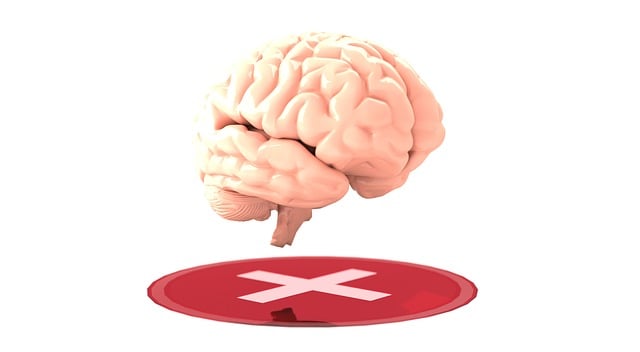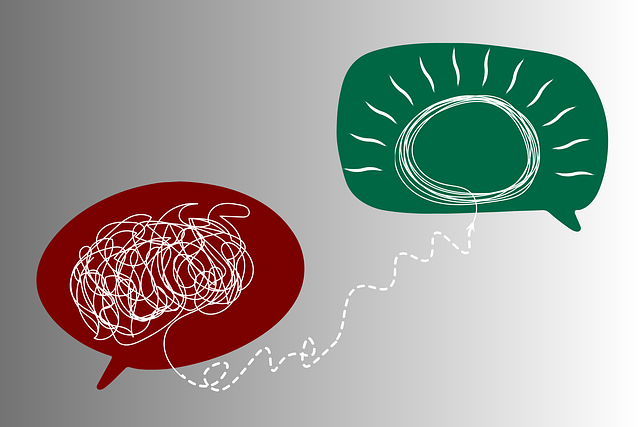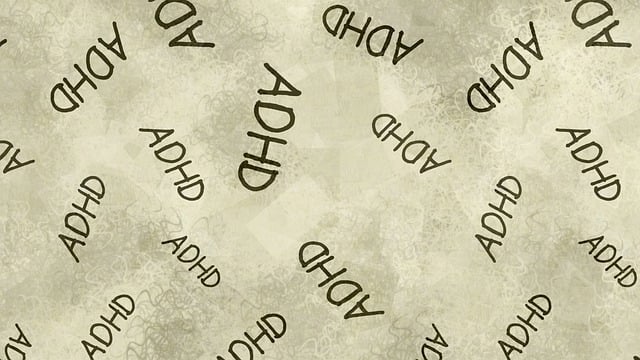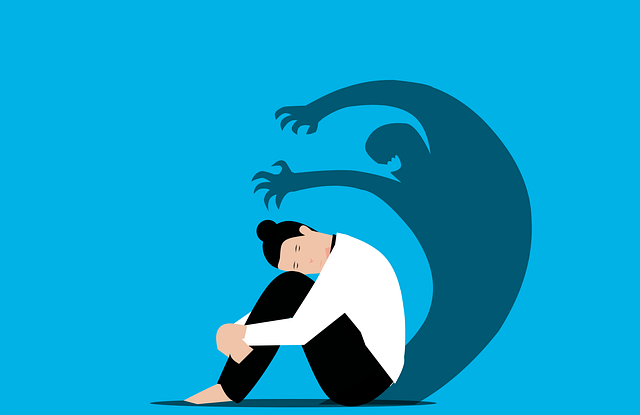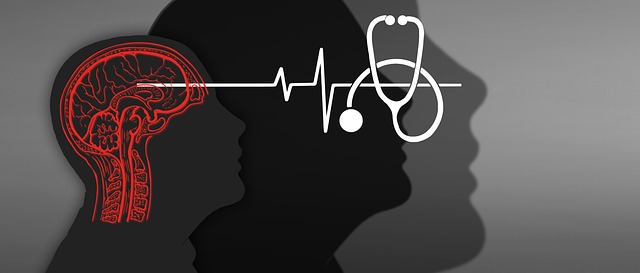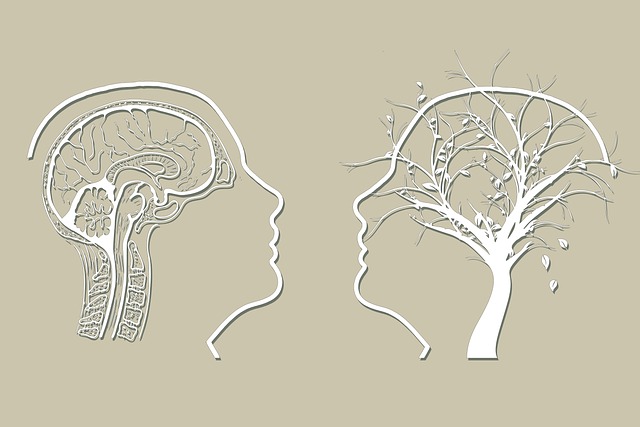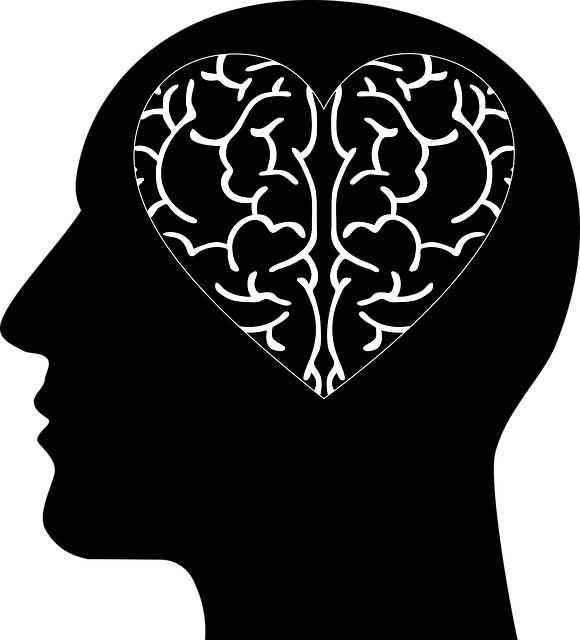Mental wellness is a critical issue for young adults facing life transitions, academic pressures, and identity formation, which can lead to anxiety, depression, and substance abuse (drug and alcohol). This problem has reached alarming levels among 18-25 year olds, highlighting the need for effective self-assessment tools to identify and address underlying conditions contributing to drug abuse. Early intervention through compassion cultivation practices integrated into these tools is crucial to prevent deterioration and guide young adults towards healthier lifestyles, focusing on therapy for young adults dealing with drug abuse and substance use disorders. Comprehensive self-assessment tools combining cognitive-behavioral therapy (CBT), mindfulness-based interventions, and motivational interviewing are vital in empowering individuals to manage their mental health, acquire coping skills, build support systems, and navigate recovery journeys effectively towards overall mental wellness.
Mental wellness self-assessment tools play a pivotal role in identifying and addressing issues among young adults. This article delves into crucial aspects of mental health, focusing on its significant impact on this demographic. We explore the growing concern of drug abuse among youth, emphasizing the need for effective self-assessment tools to combat substance abuse. Through an examination of best practices, we discuss how integrating therapy options can provide comprehensive support for young adults seeking help. Understanding these factors is essential in guiding them towards healing and positive growth.
- Understanding Mental Wellness and Its Impact on Young Adults
- The Prevalence of Drug Abuse Among Youth: A Growing Concern
- Creating Effective Self-Assessment Tools for Substance Abuse
- Integrating Therapy Options for Comprehensive Support
Understanding Mental Wellness and Its Impact on Young Adults

Mental wellness is a broad spectrum encompassing emotional, psychological, and social well-being. For young adults, navigating this phase of life often involves significant transitions, academic pressures, and forming independent identities. Unfortunately, mental health issues like anxiety, depression, and substance abuse are prevalent during these years, with drug and alcohol use as coping mechanisms for stress and uncertainty. These challenges can significantly impact a young adult’s ability to thrive academically, professionally, and socially.
Promoting mental wellness through positive thinking and conflict resolution techniques is essential in empowering young adults to manage their mental health proactively. By integrating self-assessment tools that encourage open communication, individuals can gain insights into their emotional states and triggers, fostering better coping strategies. Early intervention and therapy for young adults struggling with drug abuse or substance use disorders are crucial steps towards building resilience and ensuring a healthier future.
The Prevalence of Drug Abuse Among Youth: A Growing Concern

In recent years, there has been a growing concern surrounding the prevalence of drug abuse among youth. According to various studies and reports, rates of substance abuse have significantly increased, with young adults aged 18-25 being particularly vulnerable. This alarming trend highlights the urgent need for effective mental wellness self-assessment tools that can help identify and address issues related to depression prevention and therapy for young adults.
The rise in drug abuse among youth is not solely a health concern but also has profound social implications. It often stems from underlying mental health conditions, such as depression, anxiety, or trauma, which are best addressed through compassion cultivation practices. By integrating these practices into self-assessment tools, we can empower young adults to take proactive steps towards maintaining and improving their mental wellness. Early intervention is key to preventing further deterioration and guiding individuals toward healthier lifestyles.
Creating Effective Self-Assessment Tools for Substance Abuse

Developing effective self-assessment tools for substance abuse is a crucial step in providing support and guidance to young adults struggling with drug abuse. These tools can help individuals gain insights into their behaviors, triggers, and underlying emotional issues, which are essential factors in their journey towards recovery. By assessing their mental wellness, particularly focusing on coping skills development and stress management techniques, young adults can learn to navigate the challenges of substance abuse more effectively.
Self-assessment plays a vital role in therapy for young adults dealing with drug abuse by empowering them to take ownership of their mental health. It encourages self-reflection and promotes the acquisition of confidence-boosting strategies. Through carefully designed questionnaires or apps, individuals can evaluate their emotional states, thought patterns, and triggers associated with substance use. This process enables them to identify personal vulnerabilities and strengths, fostering a sense of awareness that is fundamental for making positive changes.
Integrating Therapy Options for Comprehensive Support

Integrating various therapy options is a key aspect of developing comprehensive self-assessment tools for mental wellness, especially when catering to young adults struggling with drug abuse or substance use disorders. Therapy for young adults should not be one-size-fits-all; instead, it should offer a diverse range of support tailored to individual needs. By incorporating different therapeutic approaches, such as cognitive-behavioural therapy (CBT), mindfulness-based interventions, and motivational interviewing, self-assessment tools can provide holistic care.
These integrated therapy options not only address the symptoms of mental health issues but also focus on emotional well-being promotion techniques, stress management workshops organization, and self-care practices. Such a multi-faceted approach helps young adults develop resilience, enhance coping strategies, and build a strong support system. Additionally, it enables them to navigate their personal journeys towards recovery more effectively, fostering a sense of balance and overall mental wellness.
Mental wellness self-assessment tools play a pivotal role in addressing growing concerns like drug abuse among youth. By understanding the impact of mental health on young adults and integrating effective therapy options, we can develop comprehensive support systems. Tools designed for substance abuse assessment empower individuals to seek help early, while therapy tailored for this demographic ensures long-term recovery. Embracing these strategies is crucial in navigating the challenges faced by today’s young adults and fostering healthier communities.
